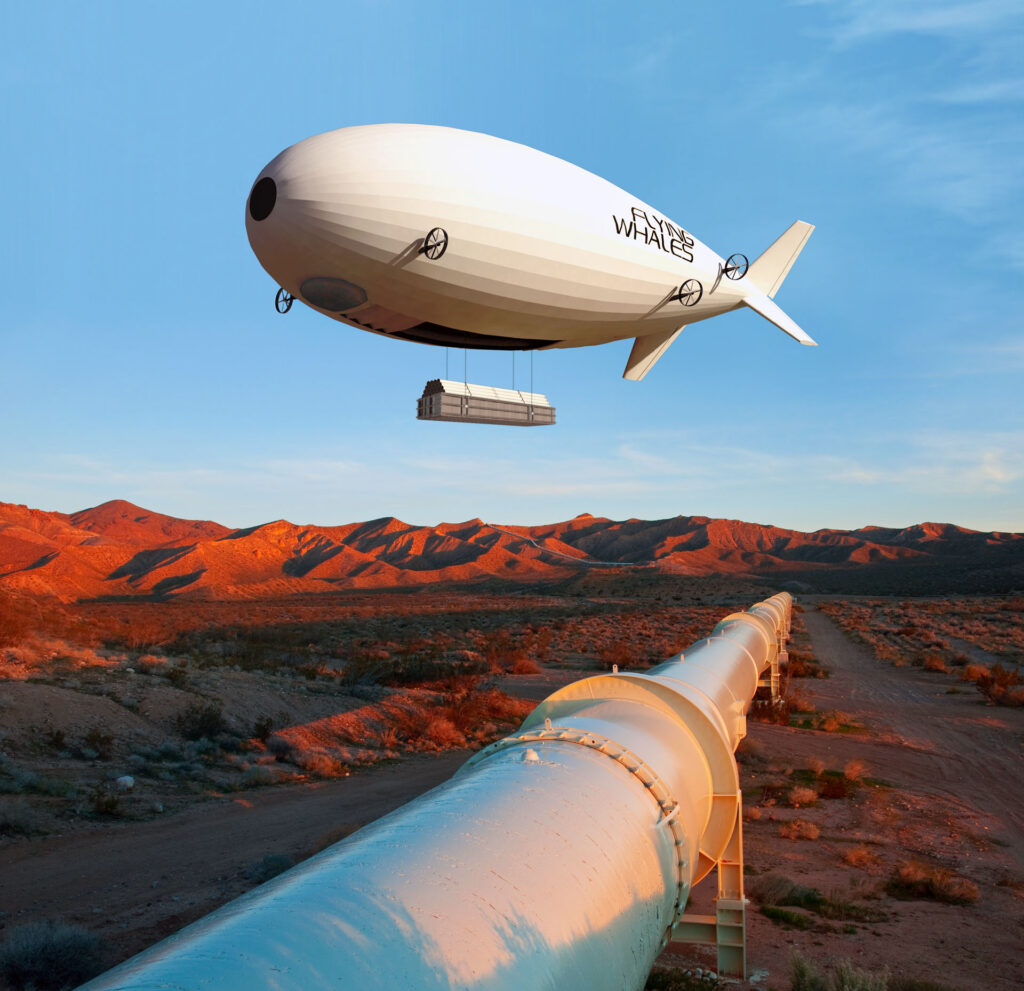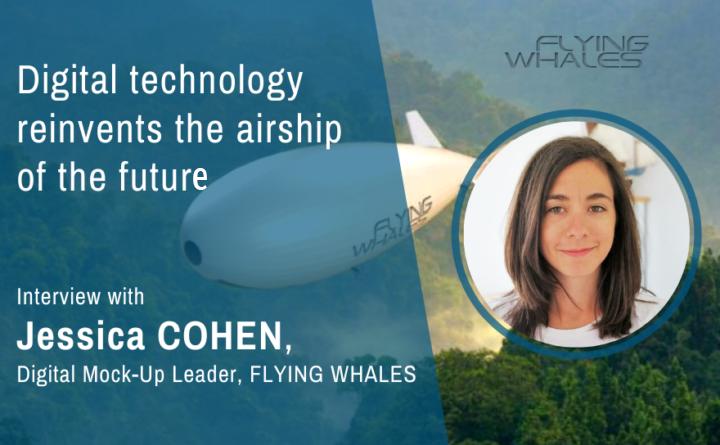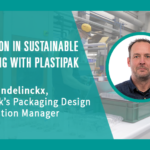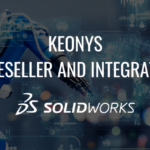FLYING WHALES took up the challenge of designing an airship for more ecological and economical transport with the development of the LCA60T. A pioneer in this field for transporting wood and large industrial parts in regions of the world without infrastructure, the French company chose the latest digital technologies to carry out such a large-scale project. Dassault Systèmes’ 3DEXPERIENCE® platform becomes its reference system, based on the DPA* (Digital Process Assessment) methodology developed by CENIT-KEONYS.
KEONYS: Can you explain the FLYING WHALES project and its main challenges?
Jessica Cohen: Launched by France and then joined by China in 2017 and Canada in 2019, FLYING WHALES continues the launch of a major industrial program that includes:
- An aerospace program: development of the LCA60T, a rigid airship for point-to-point transport (i.e. free of any transport infrastructure) of heavy (up to 60 tons) or bulky loads, in the cargo hold or under slings, at low cost and with a very low environmental footprint,
- An operations company that will fly LCA60Ts for its end customers and will later manage a fleet of approximately 150 LCA60Ts and their bases on three continents, with control centers for each of the regions of operation.
FLYING WHALES confronts numerous obstacles, which we see through the lens of innovation.
From the beginning, demonstrating the market viability for this novel transport solution presented the main challenge for FLYING WHALES. The French National Forestry Office (ONF) positioned itself as the first customer for FLYING WHALES, making it possible to focus on the volumes of wood per forest bed to be extracted from French forests in the coming years and to facilitate the work of the technical teams in terms of design. Today, in addition to the ONF, FLYING WHALES continues to negotiate its first contracts, in the wind energy sector, for example.
 From an industrial point of view, the non-standard dimensions of this aircraft presented a challenge. A team dedicated to the industrialization of this airship concept developed assembly methods specific to the LCA60T to ensure fast, efficient production that meets stringent safety standards to protect operators.
From an industrial point of view, the non-standard dimensions of this aircraft presented a challenge. A team dedicated to the industrialization of this airship concept developed assembly methods specific to the LCA60T to ensure fast, efficient production that meets stringent safety standards to protect operators.
Finally, from an environmental point of view, FLYING WHALES committed itself to a solution that contributes to the pursuit of human progress—including improvements in the global economy, health, and education, while minimizing the impact on the environment. Thus, our airborne solution leaves a small environmental footprint since it does not require transport infrastructures and the LCA60T does not consume energy to fly, i.e. gravity does not affect it. Moreover, its hybrid electric (and soon all-electric using a hydrogen fuel cell) propulsion, demonstrates our desire to offer a modern transport solution that responds to the challenges of our times.
KEONYS: What was the context in which the DPA* approach took place?
JC: FLYING WHALES relies on digital simulations of our system to the greatest extent possible prior to the start of production. These digital analyses place great demands on our expertise and the resources required to implement them. This strategy of virtual prototyping ensures a high-quality, state-of-the-art product throughout all phases of the LCA60T airship’s life cycle.
Our main lines of reflection converged toward the implementation of:
- a more collaborative and structured way of working,
- tools and processes that meet the requirements of the certification authorities, and
- the integration of all industrial and technological partners.
The development of the digital mock-up motivated the implementation of the DPA and framed our commitment to capture our needs in order to optimize our working methods and to establish timelines for our priorities.
KEONYS: What are the main areas that the DPA* has highlighted?
JC: Thanks to the DPA* , we identified themes that characterize the company’s development priorities, two of which stood out: collaboration and quality.
In line with these identified themes, the first stage of deployment focuses on the creation of a configurable product structure as a working base, enabling collaborative work that we can control, that meets our certification standards, and provides flexibility for dynamic interactions.
KEONYS: How did the collaboration between FLYING WHALES and CENIT-KEONYS teams go?
JC: FLYING WHALES and CENIT-KEONYS collaborated for several years, solidified by our choice to work with the 3DEXPERIENCE® platform. We decided to continue this collaboration beyond the DPA* to complete the first step of the PLM deployment roadmap together.
KEONYS: And from the side of CENIT-KEONYS?
Philippe Delahaye, PLM Business Consultant, KEONYS: Our teams have been working with FLYING WHALES for the implementation of the DPA* since February 2020. It is an exciting project in terms of sustainable development and embodies the desire to be part of the industry of the future. FLYING WHALES employees are bursting with ideas to make a success of this daring project both environmentally and socially. The DPA* study we carried out very quickly identified the need for a digital reference system common to all disciplines: program managers, systems engineers, calculation engineers, product architects, teams in charge of the industrialisation and maintenance of the device. We have also defined the involvement of the various skillsets in line with the different stages of the deployment of the platform to ensure digital continuity throughout the project life cycle.
KEONYS: What are the next steps of the project?
JC: At FLYING WHALES, the engineering phase continues toward meeting all the defined development milestones. In parallel, we continue the expansion of the industrial phase of the LCA60T program. Last July, we revealed the location of the final assembly line for FLYING WHALES: Laruscade, north of Bordeaux. Long-term contracts and partnerships with private customers and government institutions will reinforce the market presence of this innovative means of transport, the flagship of 21st century aeronautics.
*DPA (Digital Process Assessment) is an offer formerly called CDA (Company Digital Alignment)






